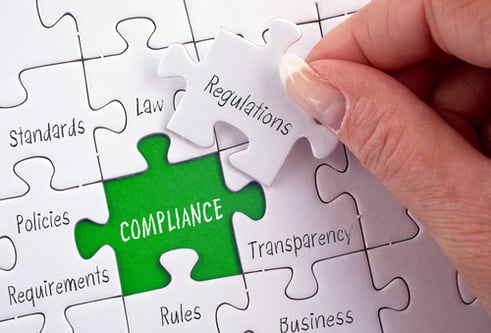How Shred America’s global approach to compliance helps major corporations live up to their compliance claims.
_______
Question: What do the following US corporations have in common?
Airbnb, Adobe, Amazon, American Express, Apple, AT&T, Boeing, Chevron, Citibank,
Cisco, Coca-Cola, Dell Technologies, Dropbox, eBay, ExxonMobil, Ford, General
Motors, Goldman Sachs, Alphabet, HP Inc., IBM, Intel, Johnson & Johnson, JP Morgan
Chase, LinkedIn, Mastercard, Meta , Microsoft, Netflix, Oracle, PayPal, PepsiCo,
Pinterest, Procter & Gamble, Qualcomm, Red Hat, Salesforce, Snap Inc., Spotify,
Stripe, Tesla, X, Uber, Verizon, Visa, Walmart, Zoom.



.jpg?width=570&height=333&name=American_Flag_Bow%20(1).jpg)
.jpg?width=570&height=333&name=Veterans_Salute_2%20(1).jpg)




.jpeg?width=570&height=333&name=BD7DD785-79D2-4DFA-BA01-9EE677E8B2FA_1_201_a%20(3).jpeg)



.png?width=570&height=333&name=Minimalist%20Tax%20Day%20Facebook%20Post%20(1).png)
